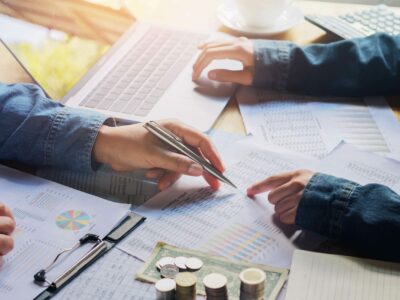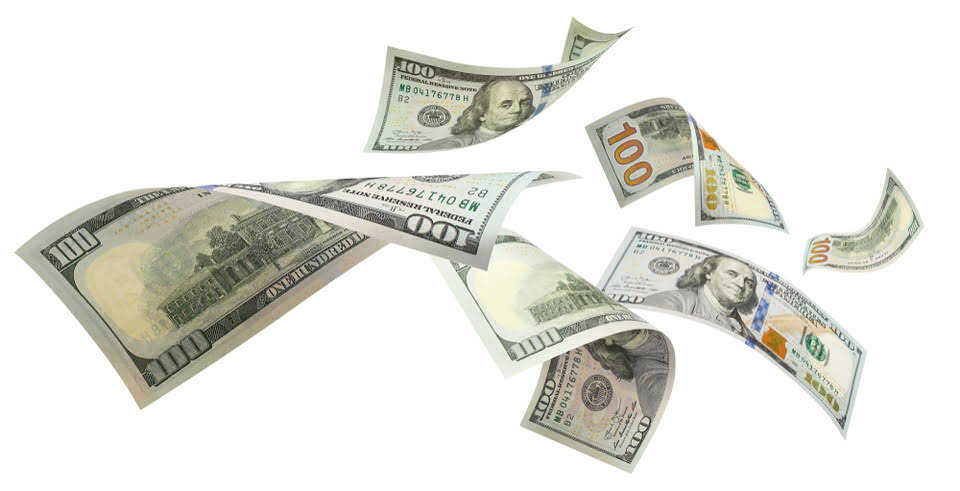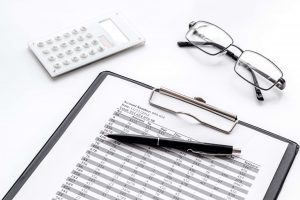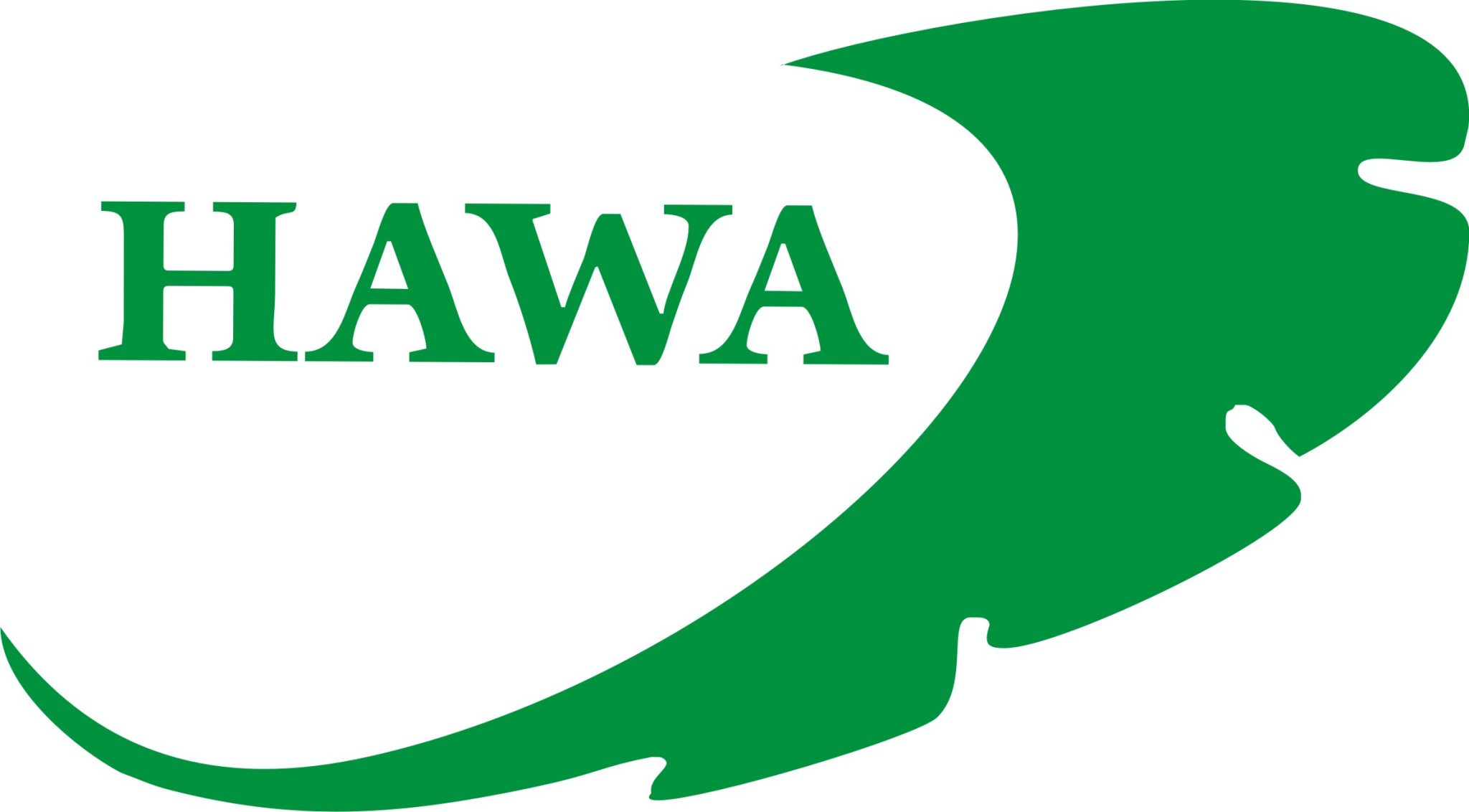
In most cases, cold food and drink to take away falls into the zero-rated category. Think popular takeaway items like sandwiches, cold pastries and fresh fruit. There are different rates of VAT that VAT-registered businesses must charge depending on the goods and services they supply. Generally speaking, most of the goods sold in a café fall under two categories. Standard rate VAT, which is 20%, and zero-rated VAT which, you guessed it, is 0%.

Frequently Asked Questions
A creative content writer specialising across business, finance and software topics. I have a love for all things writing, and creating engaging, easy to understand content that helps everyday people! Any items that haven’t been kept warm after they’ve been cooked and aren’t advertised as hot coffee shop accounting should fall under the zero-rated category.

Final Thoughts: Navigating VAT in 2025

Remember to separate alcoholic beverages on invoices to apply the correct VAT rate, and be mindful of your business’s classification to ensure compliance with the relevant VAT rates. Applying VAT rules means cafes must train staff to categorise and bill food and drink correctly. On-premises consumption refers to food and drinks consumed within the confines of the café or restaurant.

Are there any exemptions to coffee taxation?
For instance, retailers must account for various taxes, including VAT, excise duties, and local sales taxes, which can vary widely depending on their location. This necessitates a robust accounting system to ensure compliance and optimize tax liabilities. This includes salads, cold sandwiches and wraps, bakery products such as cold pastries and bread rolls, fresh fruit, and other items not intended to be consumed hot.
Frequently Asked Questions About Coffee Taxation
You can split the price between different supplies – a process known as apportionment. And you should try to work out the tax value of each part of the combined product. No, brownies are deemed Accounting for Churches to be cakes, and are zero rated whether they are chocolatey or not. The main exceptions are cold tea, cold coffee and milkshakes, which are specifically zero rated. One major challenge for Lost Sheep has been suppliers sometimes raising prices without telling him.
Additional Services
There’s no deliberate intention to mislead, not least as there’s no benefit to the business owner to charge diners the lower takeaway price. Indeed, staff turnover is notoriously high in the balance sheet catering sector, and this often leads to rushed, basic training that’s unlikely to focus heavily on tax issues. There are a number of factors which can contribute to VAT mistakes being made in a coffee shop, bakery or sandwich bar.
VAT on Takeaway Food and Drink
- Different preparation methods, from traditional brewing to modern espresso machines, not only cater to diverse consumer preferences but also attract varying tax treatments.
- We’ll also clarify the VAT implications for different types of food and beverage services, including delivery services, takeaways, and more.
- Moreover, you should be aware of the updated VAT sales figures in case of any changes.
- Unprocessed coffee beans are generally not taxable, as they are considered unprepared food items.
- This can be good if you believe you’ll reach the VAT threshold at some point, because you’ll have adjusted your prices and eased into being VAT-registered earlier.
- Some states may have exemptions for food and beverages sold for immediate consumption, including prepared coffee drinks.
There is another important thing that you should be aware of if you frequently go to the coffee shops for your sandwiches interest. When you ask for the heated sandwiches, whether to be served on the premises for dine-in or you take away the parcel, the standard rate of VAT will be applied. For customers who choose to eat in, whether that be inside or out (including any area provided by the establishment), the VAT rate on all food and drink will be charged at the standard rate. This includes items such as cakes, plain biscuits (not chocolate covered), and cold sandwiches or wraps that would otherwise be zero-rated if they were sold to take out.
- This decentralized system allows for regional flexibility but can create disparities in coffee prices across the country.
- Sandwiches consumed on the premises are subject to VAT at the standard rate – hence the higher price you usually pay for dining in.
- The selling of these products is now subject to VAT on the standard rate.
- Many of the customers ask the same question frequently from the coffee shop staff.
- From the point of registration, they must charge customers VAT on all qualifying goods and services sold.
- The landscape of coffee taxation varies significantly across different jurisdictions, reflecting a blend of historical, economic, and cultural factors.
- Cafes must register for VAT if they meet the VAT registration threshold which applies to their taxable turnover .
- Therefore, it is essential to consider the context and form in which coffee is being sold in order to determine its taxability.
- You can split the price between different supplies – a process known as apportionment.
- It’s added onto the majority of goods and services sold by VAT-registered businesses.
- Among these items are cold sandwiches – but they’re actually only zero-rated when they’re consumed off the premises.
These taxes are designed to benefit the national economy but can sometimes place a burden on local farmers who receive lower prices for their produce. To mitigate this, some African nations offer tax breaks or subsidies to smallholder farmers to support their livelihoods and encourage sustainable farming practices. In contrast, the United States adopts a more fragmented approach to coffee taxation.
- The way coffee is prepared can significantly influence its taxation and, consequently, its market dynamics.
- On the other hand, importing countries have their own set of tax regulations that can affect the flow of coffee into their markets.
- However, there is one condition these cold sandwiches are eaten outside of the premises.
- Retailers must also stay abreast of evolving digital tax policies, which can impact their online sales strategies and profitability.
- However, prepared coffee drinks, such as those from coffee shops or cafes, are often subject to sales tax.
- It also means you’re able to reclaim VAT on any business-related purchases if you pay more in VAT than what you’ve charged to customers in the same time period.
Moreover, the rise of e-commerce has introduced new tax considerations for coffee retailers. Online sales often involve cross-border transactions, subjecting retailers to different tax regimes and import duties. This complexity requires a thorough understanding of international tax laws and the ability to navigate customs regulations. Retailers must also stay abreast of evolving digital tax policies, which can impact their online sales strategies and profitability.


